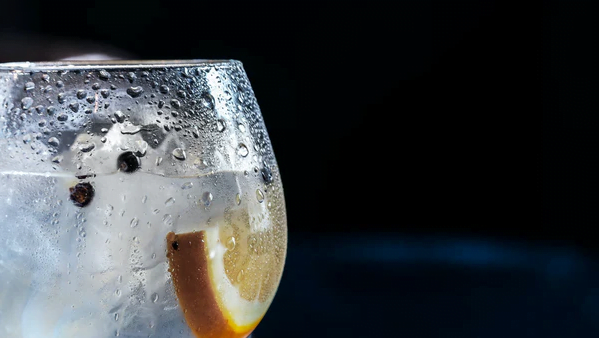GIN has created its own category as that of the celebratory drink – from a spirit that was born in the 11th century to what is is today, it’s safe to say, it has made a mark.
Gin originated as a medicinal liquor made by monks and alchemists across Europe predominantly from the south of Italy and the Netherlands. As this ‘medicine’ was being distributed, it gained in popularity and has become one of the most sought after commercial spirits.
So gin does not originate in England? Nope. It was actually the Monks of Solerno, Italy who infused juniper berries with their wine tonic to combat chest ailments. Then, in the 16th century, the Dutch started producing a genever (jenever) spirit which was a malt wine spirit infused with juniper berries to mask the harsh taste.
In the late 1600’s William III of England, who was a Dutchman, became king of England. And of course brought with him his treasured genever. From what history tells us, the English were too drunk to pronounce genever and shortened it to ‘gen’ and seems its all downhill from there.
So what makes gin a gin?
The juniper berry. Yes one botanical. It’s worldwide regulation that if the spirit tastes and smells like the juniper berry, it is classified as a gin. Lets backup a little here.
How many botanicals can be used in a gin?
As many as you like, as long as the botanical recipe contains the juniper berries. There are gins with as many as 1 botanical and some with 47.
So what are botanicals?
Herbs and spices, flowers, fruits, nuts and vegetables. Anything that can be infused into the spirit. We call them botanicals as a collective word.
What are the most common botanicals in a gin?
Juniper, coriander, angelica, lemon, orange, orris root, cardamom, licorice, cassia bark and cinnamon.
So what is a London Dry Gin?
A London Dry gin is made using a single-shot method with no intervention after the distillation process. In other words, the gin has been infused (with its botanicals) during the distillation process and no alternations have been made to the spirit after distillation. A London Dry gin had a predominant juniper flavour
Reprinted from The Capital Distillery. For the full article visit: https://thecapitaldistillery.com/blogs/news/the-wonderful-world-of-gin
